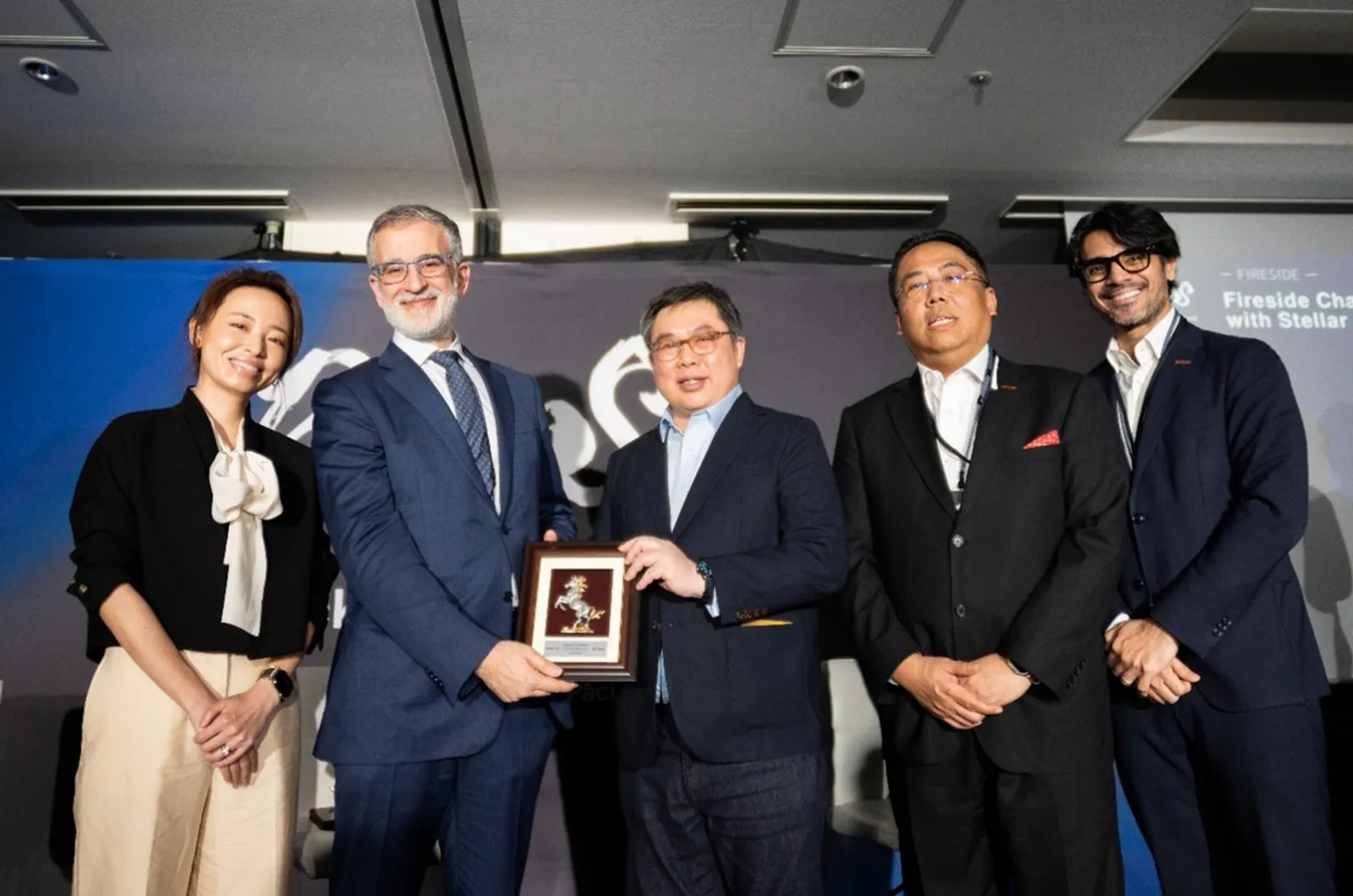India’s appeal as a trade and investment destination has grown rapidly, especially among European companies looking to diversify amidst a shifting global economic landscape. Leading the charge are Swiss companies like ABB and Kuehne+Nagel, with India’s rapidly expanding economy and evolving regulatory environment promising new opportunities. The recent $100 billion Trade and Economic Partnership Agreement (TEPA), signed in March 2024 with the European Free Trade Association (EFTA) countries, including Switzerland, Norway, Iceland, and Liechtenstein, underscores India’s increasing role in global trade. The agreement promises reduced tariffs and streamlined access for Swiss exports, further drawing Swiss companies into India’s growing market of 1.4 billion consumers.
1. Shifting Trade Dynamics: India’s Strategic Appeal
The TEPA agreement reflects the ongoing shift among European companies toward India, largely spurred by the rising costs and geopolitical uncertainties associated with doing business in China. Notably, India’s economic growth forecast is robust: the International Monetary Fund (IMF) projects a 7% growth rate for India in 2024, outperforming China’s projected 4.8% growth. The shift is driven not only by India’s large market but also by regulatory reforms, government-led infrastructure projects, and the lower operational costs it offers relative to many other global economies.
“India is now really booming,” stated Morten Wierod, CEO of ABB, a Swiss-based industrial technology leader. ABB, which has a significant manufacturing footprint in India, is capitalizing on rising demand by expanding its workforce and building facilities dedicated to local innovation. With orders in India growing at an annual rate of 27% over the last three years, ABB views India as its fifth-largest market, poised to become the third largest soon after the U.S. and China.
2. Swiss Investments and Expansion Initiatives
The TEPA agreement promises a reduction of tariffs on 94.7% of Swiss exports to India, providing an edge over EU and UK companies, which are still negotiating trade agreements with India. This preferential treatment, once ratified, could boost Swiss exports in sectors ranging from machinery to luxury watches and chocolates. Switzerland’s ambassador to India, Ralf Heckner, highlighted the significance of this agreement: “TEPA represents an extraordinary opportunity for Swiss businesses to thrive in India’s fast-evolving market.”
Under the TEPA framework, EFTA companies plan to invest $100 billion in India over the next 15 years, with an ambitious target of creating one million jobs. Major Swiss investors, including ABB and Kuehne+Nagel, have increased their commitments, capitalizing on the agreement and on India’s appeal as a low-cost, high-growth alternative to China.
For ABB, this has meant expanding from 6,000 to 10,000 employees since 2020 and opening eight new facilities since 2023. ABB has set its sights on local production and research and development (R&D) to cater to the Indian market specifically. “Our investments in India are supporting that growth, both with more local manufacturing, but with much more R&D so that you can make designs in India, for India,” said Wierod.
3. Impact of TEPA on Small and Mid-Sized Enterprises
The TEPA agreement is also opening doors for small and medium-sized enterprises (SMEs), a significant segment of the Swiss economy, to enter the Indian market. Florin Mueller, head of the Swiss Business Hub, a part of the Swiss Trade Promotion Agency in Mumbai, described TEPA as a “red carpet” for Swiss SMEs looking to invest in India.
Swiss precision component manufacturer Feintool, for example, is building its first Indian factory near Pune. The facility, slated to employ around 200 people, will produce specialized automotive components to meet demand from both domestic and international automakers. “We see huge potential in India,” stated Tobias Gries, Feintool’s India managing director.
The agreement is expected to make it easier for Swiss companies to navigate India’s regulatory landscape, which has historically been seen as complex. Both the Swiss and Indian governments have agreed to identify and mitigate investment challenges for EFTA-based firms, encouraging more companies to enter and expand in India.
4. The Role of India’s National Infrastructure Push
India’s recent emphasis on infrastructure development aligns well with Swiss business interests. Large investments in road, rail, and port facilities, as part of India’s National Logistics Policy, are improving logistics efficiency and reducing transport costs for companies like Kuehne+Nagel. The Swiss logistics giant, which has grown its workforce in India from 2,850 in 2019 to 4,800 in 2024, continues to benefit from government schemes focused on developing robust logistical frameworks to support economic growth.
The Swiss Trade Promotion Agency has pointed out that India’s logistics network is key to sustaining this growth, particularly in sectors like automotive, technology, and pharmaceuticals. “India’s commitment to creating world-class infrastructure is a positive indicator for companies seeking to streamline their operations,” remarked Anish Jha, Kuehne+Nagel’s managing director for India.
5. Regulatory Reforms and Investment Climate
Over the past decade, India has implemented numerous regulatory reforms aimed at simplifying business operations and attracting foreign investment. The government’s “Make in India” initiative, launched in 2014, promotes domestic manufacturing and has incentivized companies to set up local production. Additionally, India’s revised National ICT Policy, which now allows for higher foreign ownership, has made the country an attractive destination for technology investments.
With TEPA set to reduce trade barriers, many Swiss companies are optimistic about navigating India’s regulatory requirements. The agreement includes provisions to support investor interests, including simplifying bureaucratic processes and ensuring fair treatment for EFTA companies. According to Philippe Reich, chairman of the Swiss-Indian Chamber of Commerce, TEPA is a “game changer” that could make India one of the leading investment destinations for Swiss firms.
6. Comparative Analysis: India vs. China
While Swiss companies have traditionally invested heavily in China, a complex geopolitical and economic environment has made India a preferred alternative. Swiss direct investments in India surpassed those in China for the first time in 2021-2022, according to data from the Swiss National Bank. The shift is partly due to concerns over China’s slowing economy, regulatory unpredictability, and tensions with the U.S. In contrast, India’s stable democracy, expanding consumer market, and consistent economic growth have positioned it as a favorable environment for foreign direct investment (FDI).
Switzerland’s interest in diversifying its investments aligns with broader European trends as businesses seek to reduce dependency on China. Swiss companies are particularly drawn to India’s relatively young and tech-savvy population, which promises a sustainable labor force for the long term. As Philippe Reich noted, “Doing business in China has become less easy as its economy has been doing less well, and there is also the risk of large-scale conflicts – economic or otherwise – with China.”
7. Economic Projections and Future Outlook
The IMF projects that India’s economic growth rate will remain above 6% through the end of the decade, driven by increased consumption, foreign investment, and a burgeoning middle class. Swiss exports to India, currently modest, are expected to rise as trade and economic partnerships strengthen. India bought only 1.5% of Switzerland’s total mechanical and electrical exports in 2023, but this share is growing.
The TEPA agreement will likely stimulate increased Swiss exports across sectors, particularly in precision manufacturing, luxury goods, and food processing. Swiss chocolate and watch brands, such as Nestle and Swatch, are expected to benefit significantly from reduced tariffs, catering to a market where demand for luxury goods is on the rise.
The energy sector is also anticipated to witness substantial investments, as Swiss companies explore opportunities in renewable energy, given India’s commitment to achieving 50% of its energy requirements from non-fossil fuel sources by 2030. Green energy companies in Switzerland are expected to tap into India’s renewable energy potential, especially in solar and wind energy projects.
Conclusion
The TEPA agreement between India and the EFTA marks a significant milestone in Swiss-Indian economic relations. While the deal still awaits parliamentary ratification, it has already energized Swiss companies to strengthen their foothold in India’s dynamic market. From ABB’s expansion in manufacturing to Kuehne+Nagel’s logistics growth, and from Feintool’s new factory to the broader push by Swiss SMEs, the agreement offers opportunities across sectors. With India’s economic outlook remaining robust, the future holds immense promise for Swiss businesses that are eager to diversify and grow in one of the world’s fastest-growing economies.
Ready to take your career to the next level? Join our dynamic courses: ACCA, HESI A2, and ATI TEAS 7! 🌟 Dive into a world of opportunities and empower yourself for success. Explore more at Serrari Ed and start your exciting journey today! ✨
Photo source: Google
By: Montel Kamau
Serrari Financial Analyst
29th October, 2024
Article, Financial and News Disclaimer
The Value of a Financial Advisor
While this article offers valuable insights, it is essential to recognize that personal finance can be highly complex and unique to each individual. A financial advisor provides professional expertise and personalized guidance to help you make well-informed decisions tailored to your specific circumstances and goals.
Beyond offering knowledge, a financial advisor serves as a trusted partner to help you stay disciplined, avoid common pitfalls, and remain focused on your long-term objectives. Their perspective and experience can complement your own efforts, enhancing your financial well-being and ensuring a more confident approach to managing your finances.
Disclaimer: This article is for informational purposes only and does not constitute financial advice. Readers are encouraged to consult a licensed financial advisor to obtain guidance specific to their financial situation.
Article and News Disclaimer
The information provided on www.serrarigroup.com is for general informational purposes only. While we strive to keep the information up to date and accurate, we make no representations or warranties of any kind, express or implied, about the completeness, accuracy, reliability, suitability, or availability with respect to the website or the information, products, services, or related graphics contained on the website for any purpose. Any reliance you place on such information is therefore strictly at your own risk.
www.serrarigroup.com is not responsible for any errors or omissions, or for the results obtained from the use of this information. All information on the website is provided on an as-is basis, with no guarantee of completeness, accuracy, timeliness, or of the results obtained from the use of this information, and without warranty of any kind, express or implied, including but not limited to warranties of performance, merchantability, and fitness for a particular purpose.
In no event will www.serrarigroup.com be liable to you or anyone else for any decision made or action taken in reliance on the information provided on the website or for any consequential, special, or similar damages, even if advised of the possibility of such damages.
The articles, news, and information presented on www.serrarigroup.com reflect the opinions of the respective authors and contributors and do not necessarily represent the views of the website or its management. Any views or opinions expressed are solely those of the individual authors and do not represent the website's views or opinions as a whole.
The content on www.serrarigroup.com may include links to external websites, which are provided for convenience and informational purposes only. We have no control over the nature, content, and availability of those sites. The inclusion of any links does not necessarily imply a recommendation or endorsement of the views expressed within them.
Every effort is made to keep the website up and running smoothly. However, www.serrarigroup.com takes no responsibility for, and will not be liable for, the website being temporarily unavailable due to technical issues beyond our control.
Please note that laws, regulations, and information can change rapidly, and we advise you to conduct further research and seek professional advice when necessary.
By using www.serrarigroup.com, you agree to this disclaimer and its terms. If you do not agree with this disclaimer, please do not use the website.
www.serrarigroup.com, reserves the right to update, modify, or remove any part of this disclaimer without prior notice. It is your responsibility to review this disclaimer periodically for changes.
Serrari Group 2025
















